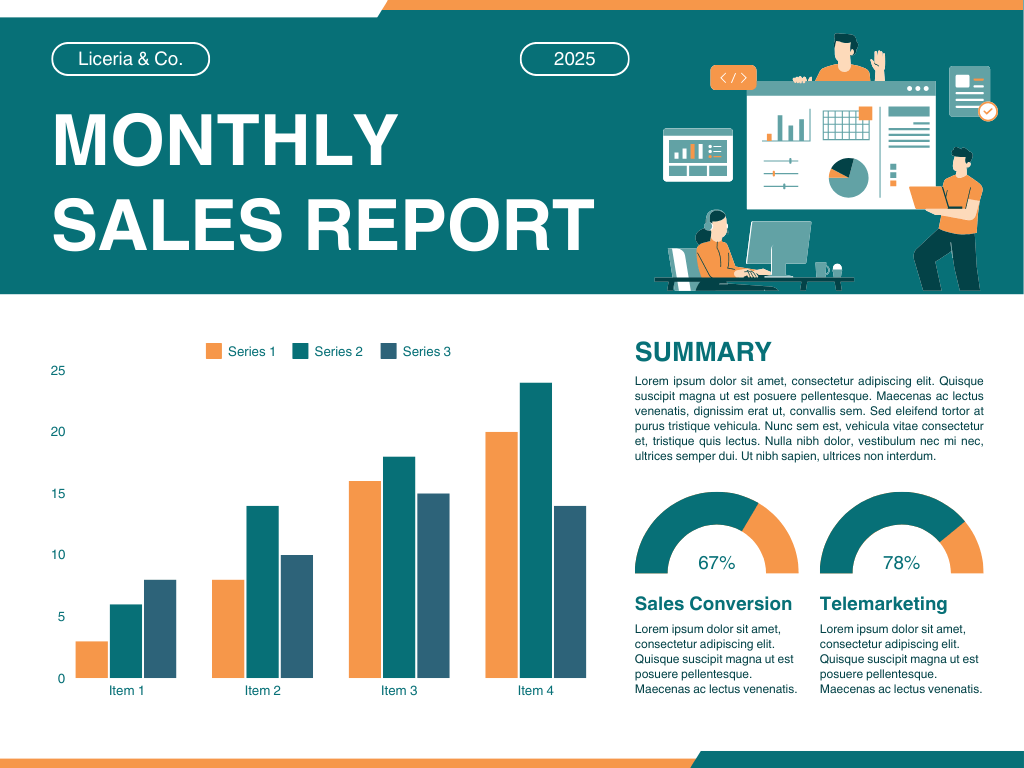ETFs: Diversifying Your Portfolio in Middle Eastern Markets


Looking toLooking to grow your wealth but don’t know where to start? The Middle East, especially Kuwait, offers a variety of investment opportunities for those with modest funds. Whether you’re just beginning or have some experience, the region provides numerous investment possibilities. With careful planning and smart decisions, low to middle-income investors can grow wealth in several sectors. In this article, we’ll explore the top areas where investors can put their money to work in Kuwait and the surrounding Middle East region.
Real Estate Investment Trusts (REITs)
REITs are a great option if you’re interested in real estate but don’t have a lot of cash to invest in property. Real Estate Investment Trusts allow people to invest in large-scale income-producing real estate without directly owning any property. Many countries, including Kuwait, have introduced REITs recently, making real estate investments more accessible. By pooling funds from many investors, REITs provide access to commercial properties like hotels, malls, office spaces, and residential buildings.
Investing in REITs lets you earn a share of the income produced through commercial real estate without needing to buy or manage properties. Moreover, REITs often offer higher dividends than stocks and bonds, making them attractive for income-focused investors. In Kuwait and the broader Middle East, real estate is a growing market with steady opportunities.
Exchange-Traded Funds (ETFs)
Exchange-Traded Funds (ETFs) provide a cost-effective way to diversify your portfolio. For low to middle-income investors, ETFs are a good way to gain exposure to various sectors without needing a large investment. ETFs that track Middle Eastern markets offer access to the region’s growth while spreading out risk. Investors can look for funds focused on Gulf Cooperation Council (GCC) countries, such as Kuwait, Saudi Arabia, and the UAE.
ETFs are flexible because they trade on stock exchanges, allowing you to buy and sell throughout the trading day. This liquidity is an edge over other investments like mutual funds that only allow trades at the end of the day. Also, ETFs often come with lower fees, making them a cost-effective choice for broad market exposure.
Peer-to-Peer Lending
Peer-to-Peer (P2P) lending is another option if you’re looking for higher returns. Platforms connecting borrowers and lenders have grown popular in Kuwait and the Middle East. This method lets people lend small amounts directly to borrowers at higher interest rates than traditional savings accounts or bank deposits.
For those seeking alternative investments, P2P lending platforms offer chances to fund personal loans or small business ventures. While this type of investment carries higher risks, the potential for higher returns can make it worthwhile. The key is carefully selecting loans and diversifying across multiple loans to reduce risk.
Small Business Investments
Small businesses are vital, and in Kuwait, it’s no different. Investing in local startups or small businesses can be financially rewarding and personally fulfilling. The entrepreneurial landscape is growing rapidly, with government support for innovation and SME development.
Investors can fund promising businesses in exchange for equity or profit-sharing agreements. Key sectors include retail, food and beverage, and technology. The demand for unique products and services offers exciting opportunities for investors while contributing to economic growth.
Dividend-Paying Stocks
Dividend-paying stocks are an effective way to generate passive income. Many companies listed on the Kuwait Stock Exchange offer attractive dividend yields, making them appealing for steady cash flow seekers. Dividends are payments made by corporations from profits to shareholders.
Focusing on well-established firms with consistent dividend payouts can provide reliable income streams. These stocks tend to be more stable than growth stocks, reducing overall portfolio volatility.
Islamic Finance Products
For those seeking Sharia-compliant options, Islamic finance products offer many opportunities in Kuwait and across the Middle East, including sukuk (Islamic bonds) and Islamic mutual funds. These options avoid interest, which is prohibited in Islamic finance.
These products align with ethical investment principles, offering transparent structures, making them attractive for investors balancing financial and moral goals.


Education Sector
The education sector in the Middle East offers numerous opportunities due to population growth and an emphasis on quality education. Investing in private schools or educational tech companies can be lucrative.
Investors might also consider supporting companies providing educational resources or technologies due to rising demand for high-quality education, ensuring long-term growth prospects.
Healthcare Industry
The healthcare industry is rapidly expanding, driven by population growth and increasing demand for quality services. The sector offers avenues in healthcare providers, medical equipment suppliers, or pharmaceutical companies, promising significant returns due to substantial investments by Gulf countries.
Moreover, advancements in medical tech create exciting investment prospects, ensuring continued relevance of this sector.
Renewable Energy Projects
As Gulf countries aim to diversify away from oil dependency, renewable energy projects—especially solar and wind—gain priority, offering solid investment opportunities that align with ethical values. These projects not only support sustainability goals but also boost earnings potential.
Governments’ focus on sustainability projects ensures substantial future growth potential in this sector.


E-commerce and Technology Startups
E-commerce platforms and tech startups are booming, transforming how businesses operate, making them attractive targets for investment.
Startups in Kuwait and neighboring regions witness rapid growth, and early-stage investments here could yield significant returns. With a young, tech-savvy population driving demand for innovative products and services, the digital landscape is expanding rapidly.
In Conclusion:
Investing wisely requires thorough research, starting small, and diversifying your portfolio. Always consult financial advisors and understand local regulations and market conditions. Whether it’s stocks, Islamic finance, or cutting-edge technology, low to middle-income investors can grow their wealth in the Middle East across various sectors. Happy investing!
If you have dog, maybe you will interested in reading PetCare
More on Pet Care


